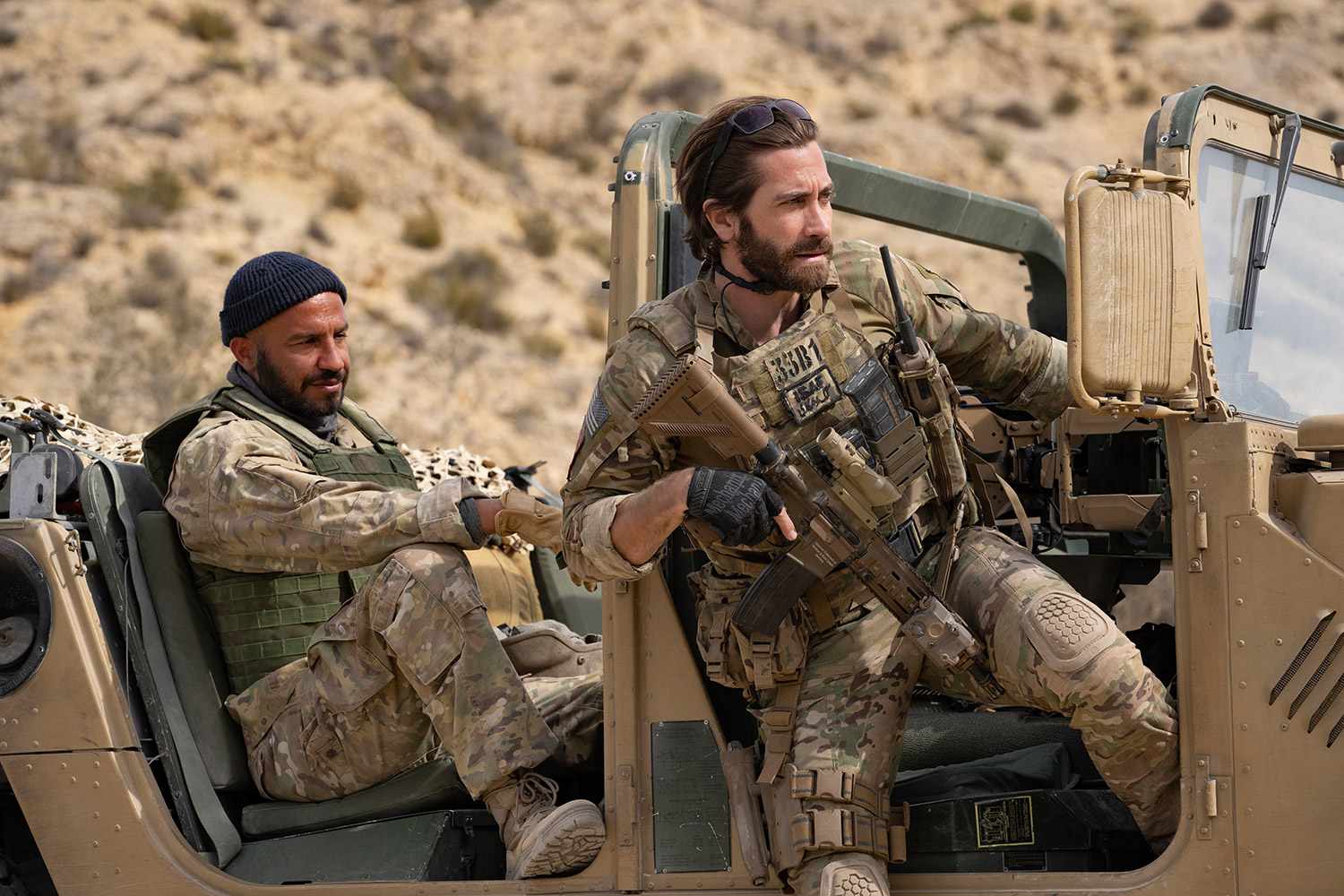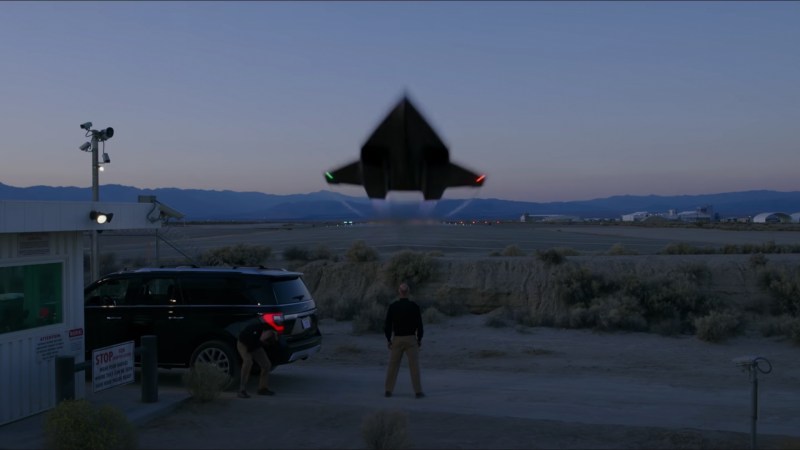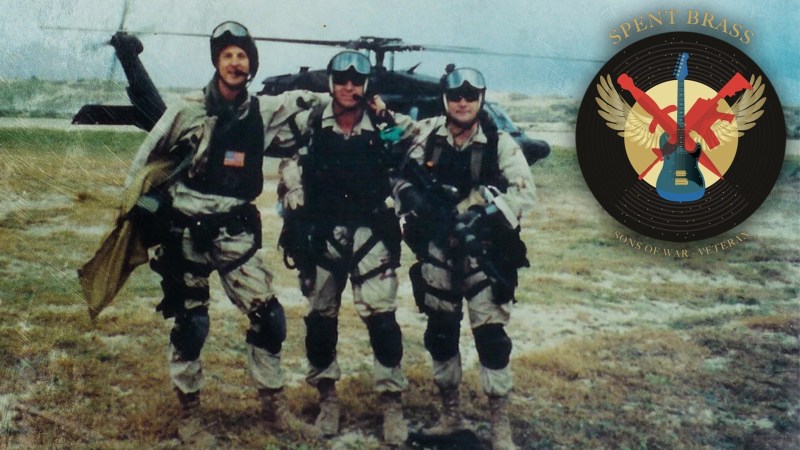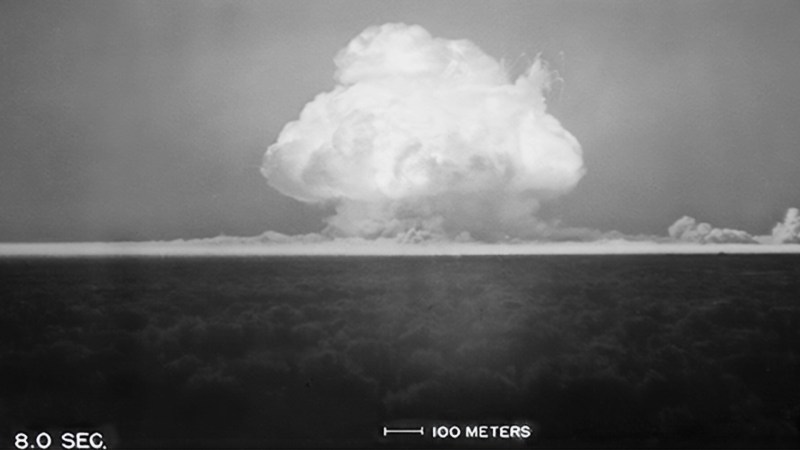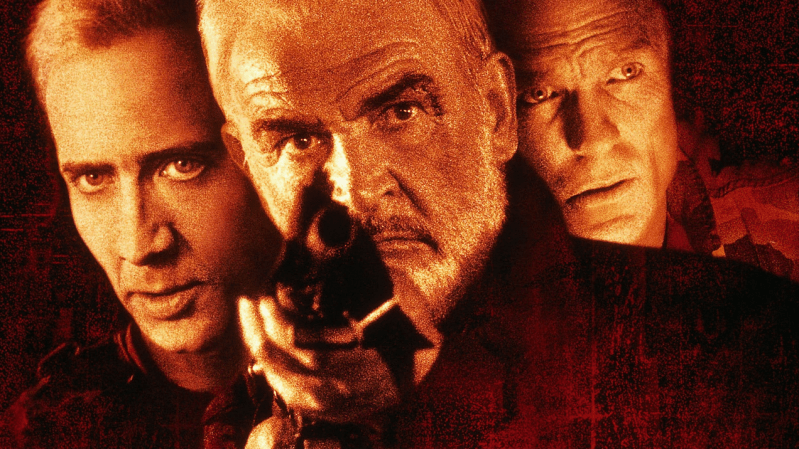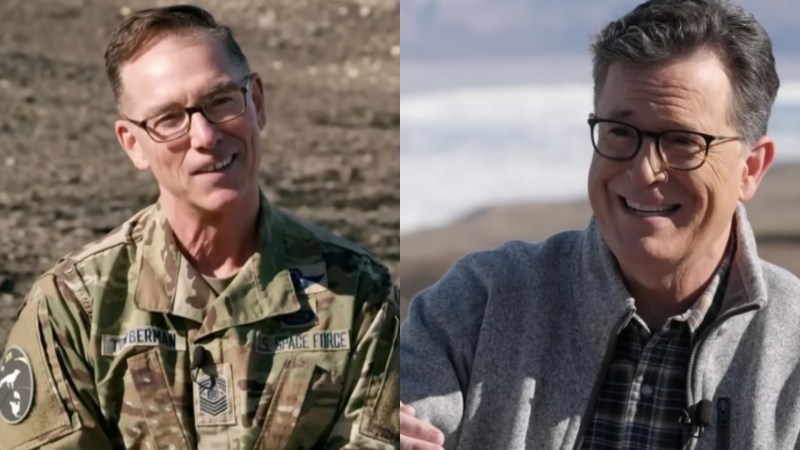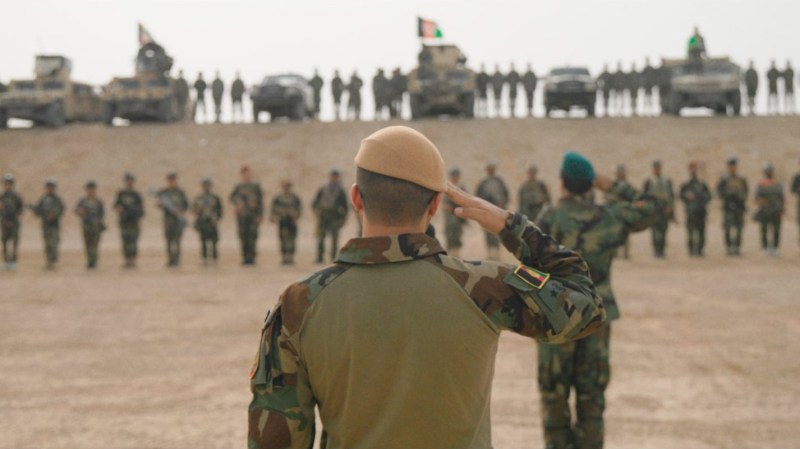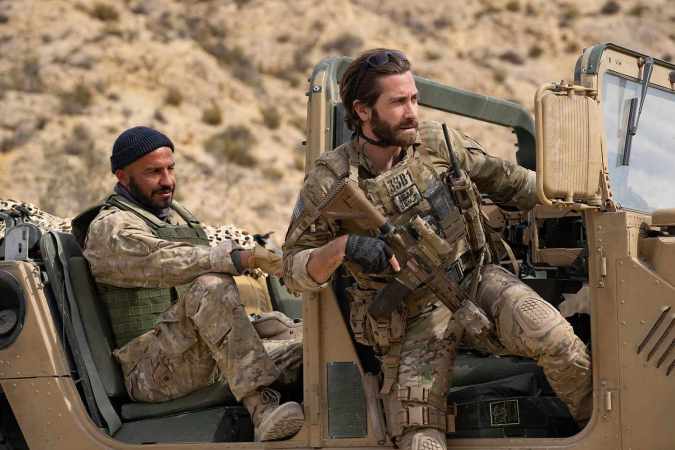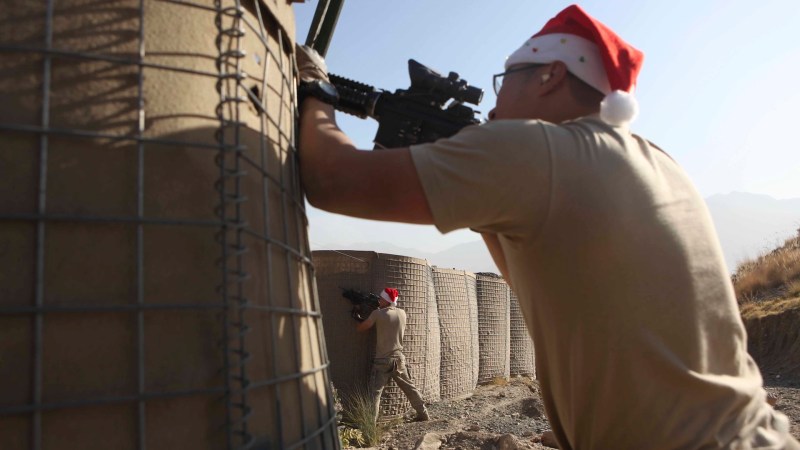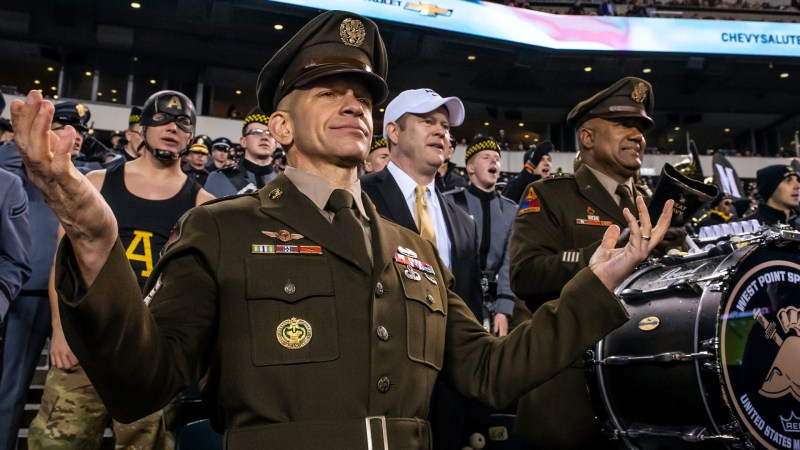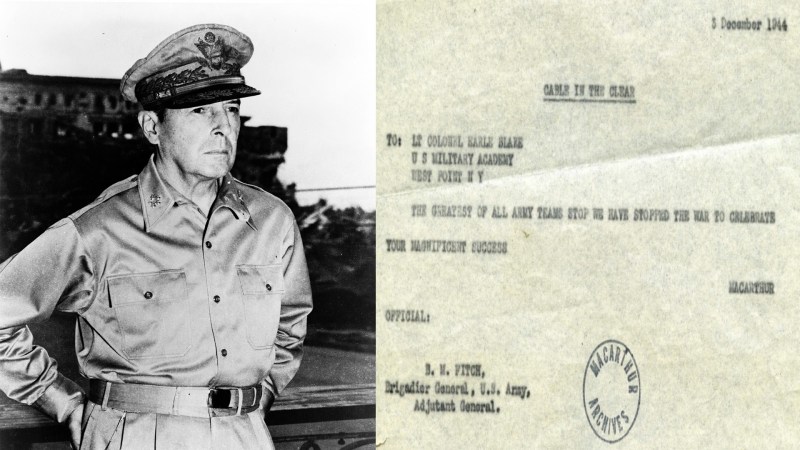When the United States and its allies withdrew from Afghanistan in 2021, the country’s security forces quickly found themselves overwhelmed in the face of a renewed Taliban offensive, being hunted down one by one. Hollywood wasted no time getting into the mix. Guy Ritchie’s The Covenant, the first of those movies, is about the dangers that Afghan interpreters face.
The movie was first announced only two months (then titled The Interpreter) after the U.S.-backed government collapsed. Despite the timing and marketing, the film isn’t even about the actual withdrawal that resulted in many real-life rescues of Afghan allies. In fact, the entire film takes place in 2018, before the Trump administration’s peace deal with the Taliban and the Biden administration’s withdrawal from the country. Despite how the film is being advertised, the actual “going back to Afghanistan to help our guy” narrative isn’t the crux of the movie. It makes up the climax, while the bulk of the film is about a mission gone bad.
Master Sergeant John Kinley (Jake Gyllenhaal) leads a Special Forces unit hunting Taliban weapons caches and finds himself working with Ahmed (Dar Salim), an interpreter with strong combat skills, a shady past, and a personal vendetta against the Taliban. When the Taliban ambush the Special Forces unit, Ahmed and Kinley end up on the run in the mountains, and ultimately it’s up to Ahmed to get the two to safety.
Subscribe to Task & Purpose Today. Get the latest military news, entertainment, and gear in your inbox daily.
The biggest problem is how paint-by-the-numbers the film feels. There’s the team, the vaguely cool hero (Kinley has a family, and he repairs vintage cars), and villains that are mostly faceless goons. The script, from Ritchie, Ivan Atkinson, and Marn Davies never really goes into any deeper topic about the war. Despite its late-in-the-conflict setting, there’s no discussion about the collapsing Afghan state, the impact of Americans on the country, or any deeper look at what it’s like for Ahmed to risk his safety to be an interpreter for a hard-to-get American visa. There is one anger-driven montage that feels reminiscent of Gyllenhaal’s raging breakdown scenes in Nightcrawler, but otherwise, neither lead has much narrative meat to work with either, despite the story. More than anything, it feels like potential wasted on a poorly-paced action film. And the action isn’t particularly thrilling.
Ahmed is such a powerful presence that his struggle dominates Kinsley’s mind (Kinsley’s team, introduced with on-screen text detailing their names and nicknames despite their lack of characterization, die in absurdly quick succession, and then never brought up again). For most of the film, Ahmed is presented as a wise and elusive badass, more akin to Benicio del Toro’s mysterious hitman in Sicario than anything else. The Covenant’s failings stem in part from that. Salim gets some minor humanizing moments later in the movie, but he’s still mostly a stoic cipher, leaving the entire reason for Kinley’s rescue mission to fall on a life debt rather than the real-life sense of duty and camaraderie that is driving many veterans and active-duty troops to attempt rescue missions.
On a wider level, it’s also a letdown as an action and war film. This is outside of Guy Ritchie’s usual purview, but even then, it feels devoid of some of the clever and fun visual and editing touches that he is known for. Even his earlier 2023 film Operation Fortune, for all of its flaws — and there were several, including a squandered premise and Ritchie’s increased love of after-the-fact action recounting — had some panache. Without those streaks, The Covenant feels woefully generic and ultimately disappointing.
The film, ultimately, has nothing of substance to say. Yes, many Afghan interpreters were left in the country and are persecuted and hunted by the Taliban, as the end text says, but the film itself isn’t really concerned with the wider struggle to help them. Outside of that, there’s not much else to The Covenant.
Given the many Afghanistan-set films coming out soon or in development, it’s unlikely this movie trend will fade. But given the real-world severity and lingering trauma of the 20-year-long war in both the United States and Afghanistan, the topic deserves better than The Covenant.

The latest on Task & Purpose
- How much of a threat does Russia’s Pacific fleet pose to the US?
- 5th Security Force Assistance Brigade commander suspended
- Former Afghan interpreter graduates from boot camp to become a Marine
- Russia jams US GPS-guided weapons given to Ukraine, leaked info shows
- Taiwanese Air Force pilot’s ‘Winnie the Pooh patch’ causes international controversy

